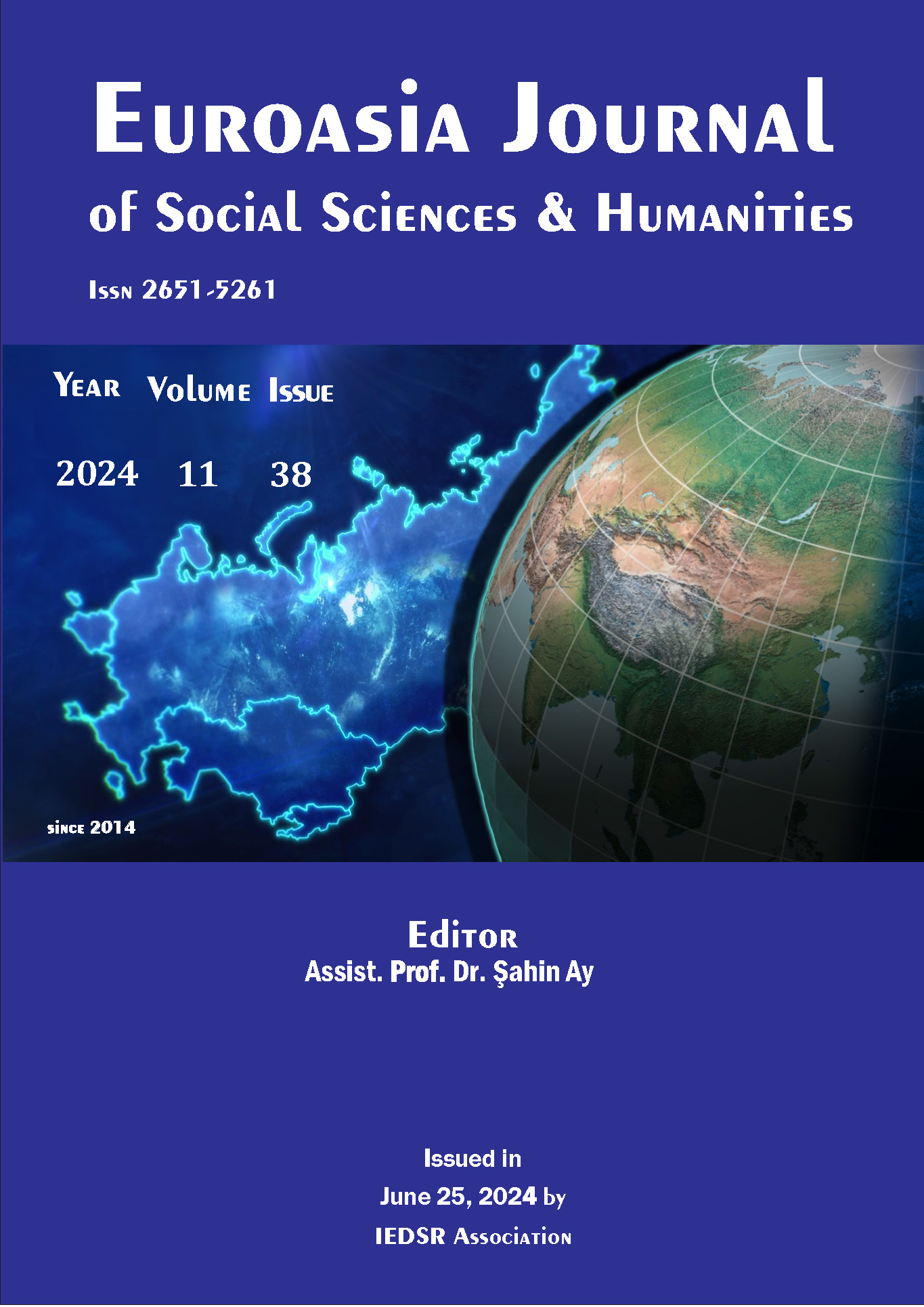Reflection of the Azerbaijani Language in the Creation of S.Rustam, I.Safarli, M.Rahim and H.Arif
DOI:
https://doi.org/10.5281/zenodo.12683886Keywords:
20th century, Native language, Azerbaijani poetry, Poetic language, Native language poetryAbstract
War is one of the most unfortunate inventions that have befallen mankind. These just and unjust fights between countries and nations have inflicted irreparable wounds on humanity itself. Of the many wars that human history has seen, the Second World War was the greatest. Since Azerbaijan was included in the USSR in the 30s of the 20th century, its participation in the Second World War was inevitable. Although the war lasted for 8-9 years, it took many years to eliminate the damage it caused to the peoples of the world. The Second World War caused a lot of damage to the political and economic life of countries, and also had a negative impact on the field of culture, art and literature. Literature is a mirror of reality. True literature is literature that describes the real historical world as it is. This is also the case with Azerbaijani literature. In the second half of the 20th century, during the war years, the main descriptive object of Azerbaijani poets and writers was related to war and victory. Many of our poets not only wrote poems to inspire our soldiers, many of them were also brave soldiers who fought on the borders. A large part of the works of Azerbaijani poets and writers, such as Suleyman Rustam, Samad Vurgun, Ahmet Jamil, Mehdi Huseyn, Muhammad Said Ordubadi, Suleyman Rahimov, is rich in examples of war motifs. The way of thinking of young poets engaged in artistic creativity in the 40s and 50s of the 20th century was different from the previous generations. The development in this period is manifested not only in poetry, but also in the field of prose, journalism and translation. All this plays a key role for the development of later periods. It is very interesting and important to study this period of our literature in every way.
Downloads
References
Ahmedov B. Azerbaycan edebiyatının tarihi. Kitap II, Bakü, 2010, 436 s.
Arif H. Seçilmiş eserler. Bakü, "Doğu-Batı", 2004, 224 s.
Hüseyin Arif – 80./ed. Doktora referatı, prof. R. Huseynov/ Bakü, 2004, 66 s.
Modern Azerbaycan edebiyatı. Bakü, Bakü Üniversitesi Yay., 2007, 504 s.
Modern Azerbaycan edebiyatı. Bakü, Bakü Üniversitesi Yay., 2007, 564 s.
Rüstem S. Seçilmiş eserler. Üç cilt halinde. I c., Bakü, "Doğu-Batı", 2005, 256 s.
Rüstem S. Seçilmiş eserler. Üç cilt halinde. II c., Bakü, "Doğu-Batı", 2005, 328 s.
Rüstem S. Seçilmiş eserler. Üç cilt halinde. III c., Bakü, "Doğu-Batı", 2005, 280 s.
Rahim M. Seçilmiş eserler. İki cilt halinde. I c., Bakü, "Avrasya", 2006, 272 s.
Rahim M. Seçilmiş eserler. İki cilt halinde. II c., Bakü, "Avrasya", 2006, 368 s.
Seferli İ. Seçilmiş eserler. Bakü, "Lider", 2005, 224 s.
Seyidov Y. Sözün yüceliği. Bakü, "Yazıcı", 1981, 268 s.
Vurgun S. Seçilmiş eserler. Beş cilt halinde. IIc. Bakü, "Doğu-Batı", 2005, 248 s.
Vurgun S. Seçilmiş eserler. Beş cilt halinde. IIIc. Bakü, "Doğu-Batı", 2005, 424 s.
Downloads
Published
How to Cite
Issue
Section
License
Copyright (c) 2024 EUROASIA JOURNAL OF SOCIAL SCIENCES & HUMANITIES

This work is licensed under a Creative Commons Attribution-NonCommercial 4.0 International License.

